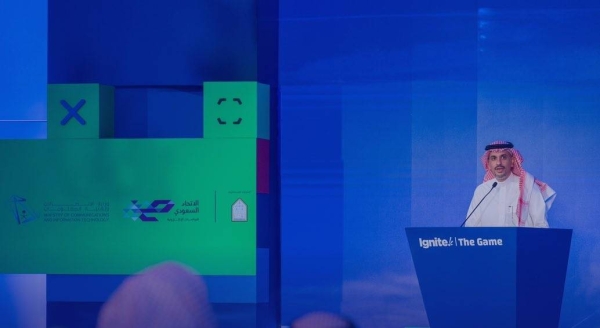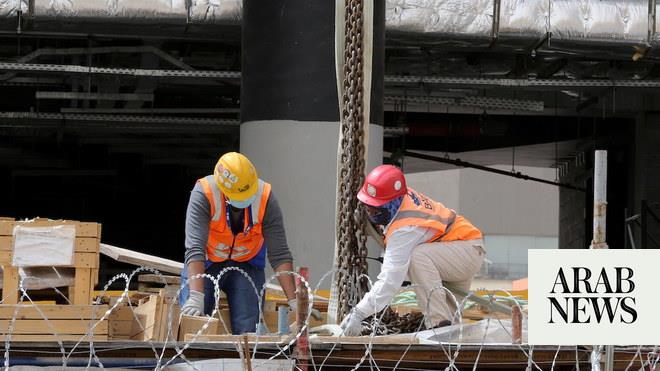
The shadow economy costs the Kingdom up to $107 billion annually
JEDDAH: The first phase of Saudi Arabia’s e-invoicing project, Fatoorah, is set to be effective in less than three months, according to Zakat, Tax and Customs Authority (ZATCA).
The project is seen as having major benefits for the Saudi economy, including addressing commercial concealment and the “shadow economy,” which costs the Kingdom up to SR400 billion ($107 billion) annually.
Under the new regulation, buyers and sellers will have a digitized system that allows the smooth exchange and processing of invoices, credit notes, and debit notes.
Ads by optAd360
“It is expected that the project will have a tangible impact on the national economy by curtailing the shadow economy and tackling commercial concealment,” Saudi financial analyst Talat Zaki Hafiz said.
Project manager Abdullah Al-Funtukh said the e-invoicing scheme will be implemented in two phases, with the first one set to happen on Dec. 4 this year.
“The first phase entails generating and storing tax invoices and notes through compliant electronic systems containing the required tax data-fields,” he said.
The next phase will focus on integrating taxpayers into the system, allowing them to access relevant e-invoicing services, Al-Funtukh said.
“ZATCA aims to provide the taxpayers a non-technical overview of the e-invoicing (Fatoorah) and the requirements to facilitate their readiness for phase one,” he added.
The project is in line with an earlier government announcement to better regulate commercial transactions in the Kingdom, introducing strict penalties for violators.
ad
But Hafiz said the scheme also has other benefits for businesses.
“E-invoicing also shortens payment cycles, improves accounts reconciliation, enhances compliance, and cuts the amount of physical storage space required,” he said.
It will also support fair competition in the small to medium enterprises (SME) sector.












